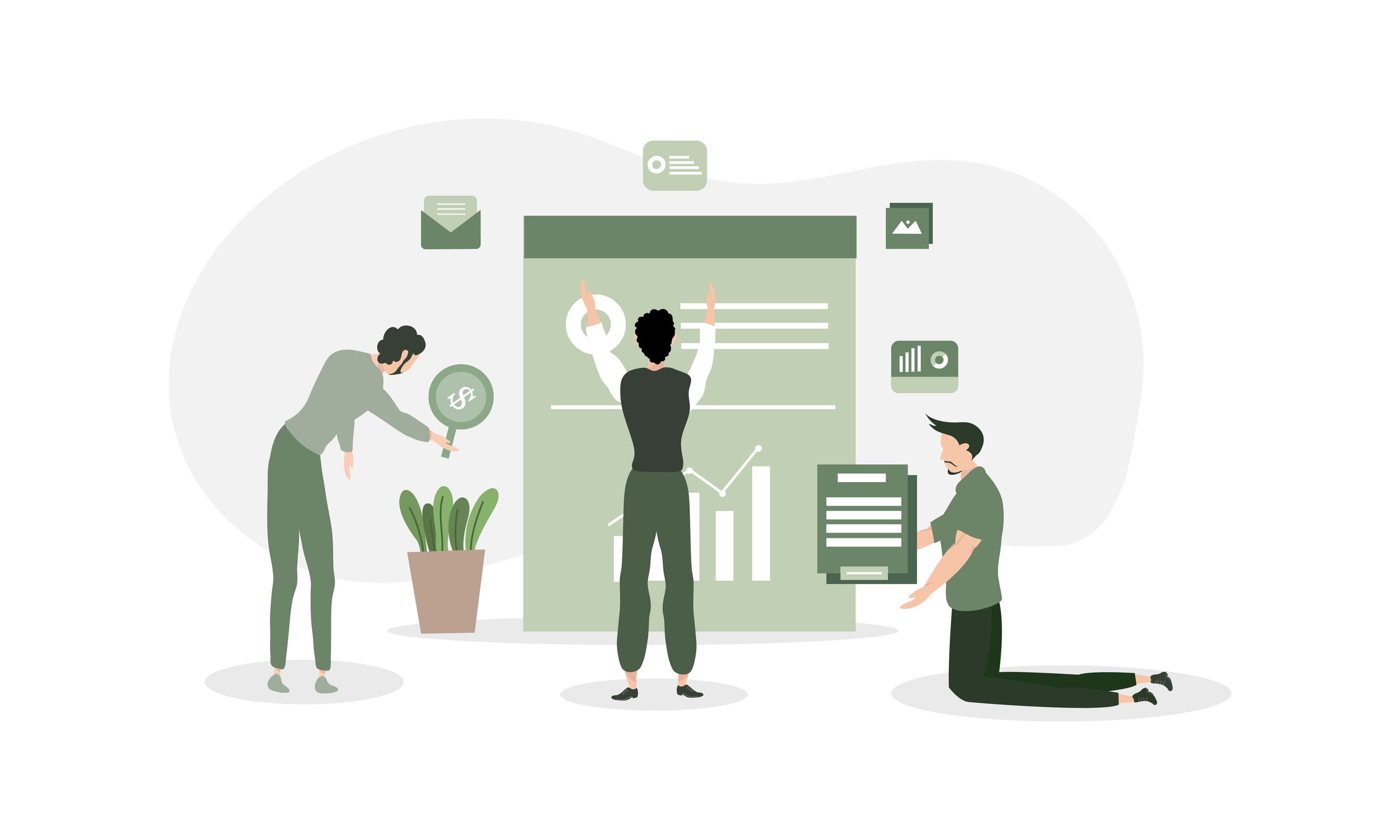Used Computers – A Smart and Economical Option for Purchasing Quality Equipment
Second-Hand Computers

 2192
2192 
Used Computers – A Smart and Economical Option for Purchasing Quality Equipment
Purchasing used computers has become an attractive option for many in recent years. Whether you are a student, a small business owner, or just want to save costs without compromising on quality, the used equipment market offers excellent opportunities to acquire advanced computers at significantly more accessible prices. However, as with any purchase, it is important to make it wisely and to understand the benefits and considerations involved.
First, let's examine the clear advantages of purchasing used computers. The financial savings are, of course, the main consideration. A new computer, especially from flagship models of leading brands, can cost thousands of shekels. In contrast, a second-hand computer of good quality with similar performance can be sold at significantly reduced prices, sometimes even at half the cost of a comparable new product. For users on a limited budget, used computers provide access to advanced specifications that they might not be able to afford otherwise.
Beyond the financial savings, purchasing second-hand equipment is also an environmentally friendly choice. Reusing electronic products reduces the amount of harmful electronic waste and decreases the demand for raw materials for producing new devices. By giving a second life to a laptop or desktop computer, you are contributing to lowering the environmental footprint of the technology industry.
Another advantage is the ability to find older or rare models that are no longer available in the new device market. This can be especially useful for technology enthusiasts looking for a piece of history or for users with specific needs that are not met by the current products.
However, purchasing used computers also comes with several challenges and important considerations. The quality and condition of the product will always be a central question. Without a manufacturer’s warranty or certainty about the device’s history and handling, one must exercise greater caution when assessing its condition. A physical inspection of the computer, including the screen, keyboard, ports, and components, is an essential step. If possible, it is also advisable to perform a comprehensive check of the internal components, such as the hard drive and memory, using dedicated diagnostic software. Request a warranty from the seller and information on their return policy for peace of mind.
Compatibility and customization are also important considerations. Used computers are often offered in fixed specifications and configurations, with no extensive customization options like those available with a new device. It is important to ensure in advance that the existing hardware and software meet all your long-term usage requirements, with no significant upgrade capabilities. Carefully review the specifications, the age of the device, and the system compatibility for your planned uses.
The issue of software and licensing is also a critical point. Used computers frequently come without an operating system or installed software, or with licenses that are not transferable. Be sure to check the status of all necessary software and take into account the costs of acquiring new licenses if required. Also, consider the support and future availability of security and software updates for the existing operating system.
So how do you choose wisely? A key factor is to purchase from a reliable and reputable source. Well-known online sales sites, such as eBay or Amazon, offer rating and feedback systems that can provide insight into the seller's reliability. Physical stores specializing in second-hand electrical products can provide more thorough checks of the product and broader warranties. Another method is to purchase from large companies and organizations that often replace entire fleets of computers and offer quality devices that have been carefully maintained throughout their use.
There are no shortage of success stories with used computers. Many of us know students who purchased a strong second-hand laptop for their studies, or small business owners who saved thousands of shekels by buying second-hand computer systems for their office. Even public institutions, such as libraries and schools, often take advantage of opportunities to purchase quality computers at reduced prices, thereby increasing technological accessibility for wide audiences.
In conclusion, purchasing used computers offers a winning combination of savings, environmental responsibility, and access to quality technology. However, it is also a decision that requires thorough investigation, caution, and consideration. By conducting a comprehensive examination process, choosing reliable sellers, and carefully assessing specifications and personal needs, you can find excellent used computers that provide great value for money and a seamless integration into your work and study routines.
In an era of high costs and environmental awareness, the used computer market is expected to continue growing and offering a variety of exciting options for both budget-conscious and professional users alike. Whether you’re looking for an economical personal laptop or an advanced business computer setup, the options in the second-hand market have never been more diverse and accessible. With the advice and considerations presented here, you are now equipped with the knowledge necessary to make an informed decision and find the perfect used computer for you. So go out, explore the available options, make a wise purchase, and discover how used equipment can propel your career, learning, and digital creativity forward.






